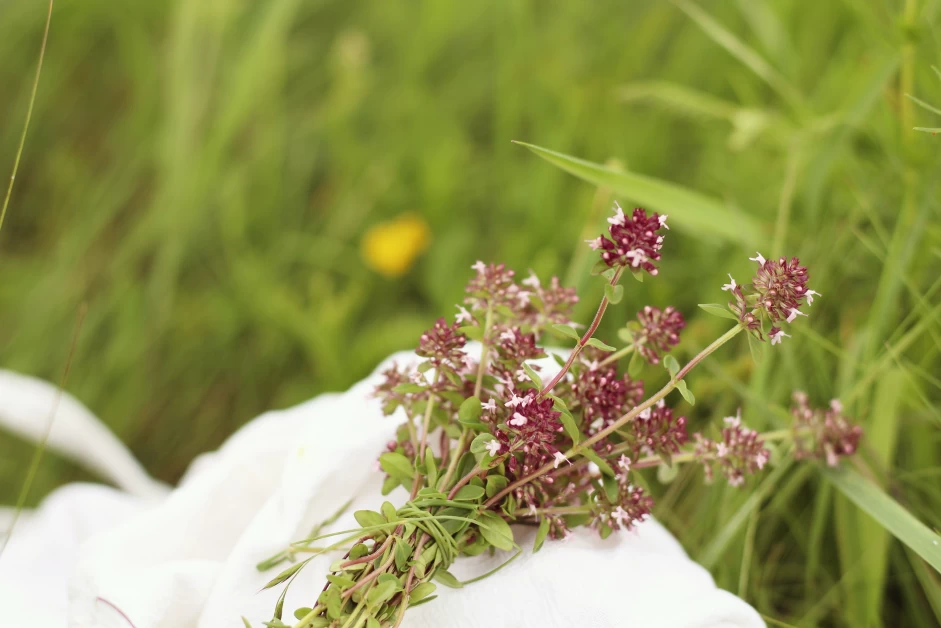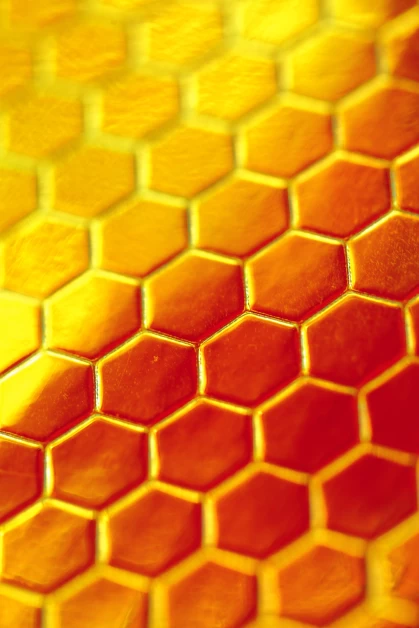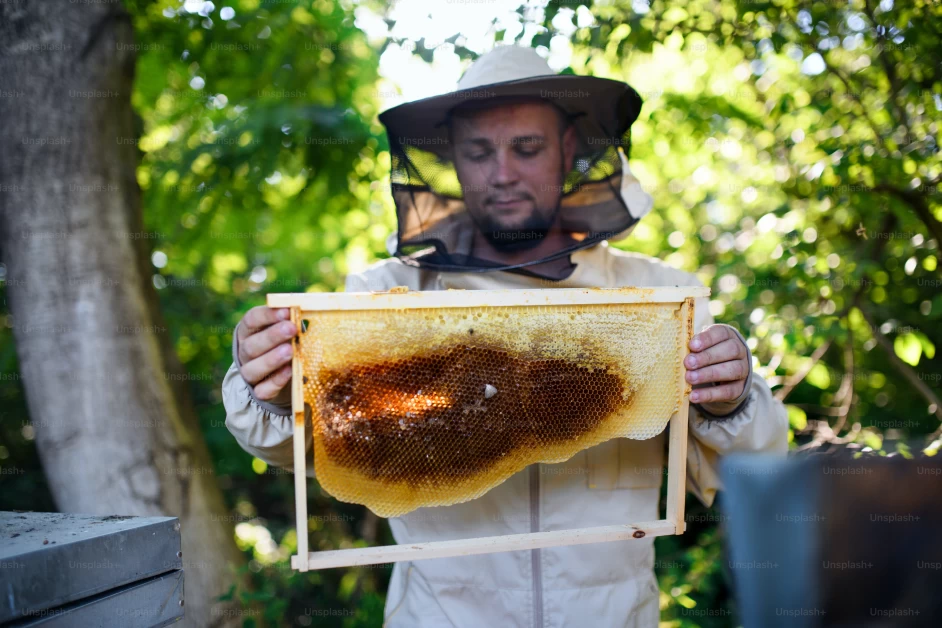Table of Contents
Introduction
Manuka honey has long been recognized for its numerous health benefits, including its antibacterial properties. In recent years, it has gained popularity among athletes as a natural remedy for sports injuries. This article will explore the use of Manuka honey for sports injuries and how it can help athletes recover faster and get back in the game.
The Power of Manuka Honey
Manuka honey is derived from the nectar of the Manuka tree, native to New Zealand. What sets it apart from other types of honey is its high concentration of methylglyoxal (MGO), a compound responsible for its antibacterial properties. Manuka honey with a rating of MGO 400+ is considered to be of premium quality and is widely used for its therapeutic benefits.
How Manuka Honey Helps in Sports Injury Recovery
Antibacterial and Anti-inflammatory Properties
Manuka honey’s antibacterial properties make it an effective treatment for wounds and cuts. When applied topically to sports injuries such as cuts, abrasions, or burns, Manuka honey creates a protective barrier that helps prevent infections and promotes faster healing. Additionally, its anti-inflammatory properties can help reduce swelling and pain associated with sports injuries.
Wound Healing and Tissue Regeneration
Manuka honey has been found to stimulate the growth of new tissue and promote wound healing. It provides a moist environment that helps prevent scarring and encourages the formation of healthy skin. This makes it particularly beneficial for athletes who want to minimize scarring and recover quickly from injuries.
Pain Relief
Sports injuries can often be accompanied by pain and discomfort. Manuka honey can help alleviate pain when applied topically to the affected area. Its natural analgesic properties can provide temporary relief from pain, allowing athletes to continue with their training or rehabilitation.
Using Manuka Honey for Sports Injuries
Topical Application
To use Manuka honey for sports injuries, simply apply a thin layer of honey directly to the affected area. For larger injuries, you can cover the area with a sterile dressing or bandage to keep the honey in place. It is recommended to reapply the honey and change the dressing regularly to ensure optimal healing.
Oral Consumption
In addition to topical application, consuming Manuka honey orally can also help in sports injury recovery. Its antibacterial properties can support overall immune health and fight off any infections that may hinder the healing process. It is recommended to consume a teaspoon of Manuka honey daily, either on its own or added to warm water or herbal tea.
Precautions and Considerations
While Manuka honey is generally safe for most people, there are a few precautions and considerations to keep in mind:
-
Allergies: Some individuals may be allergic to honey or bee-related products. If you have a known allergy, it is best to avoid using Manuka honey.
-
Quality and Authenticity: To ensure you are getting genuine Manuka honey with therapeutic benefits, look for products that are certified and labeled with a reputable rating, such as MGO 400+.
-
Consult a Healthcare Professional: If you have a severe sports injury or are unsure about using Manuka honey, it is always recommended to consult a healthcare professional for proper diagnosis and treatment.
Conclusion
Manuka honey is a natural and effective remedy for sports injuries. Its antibacterial, anti-inflammatory, and wound healing properties make it a valuable addition to an athlete’s recovery routine. By using Manuka honey topically or consuming it orally, athletes can promote faster healing, reduce pain, and get back to their training and performance goals. Incorporate Manuka honey into your sports injury recovery plan and experience the natural healing power of this remarkable honey.



